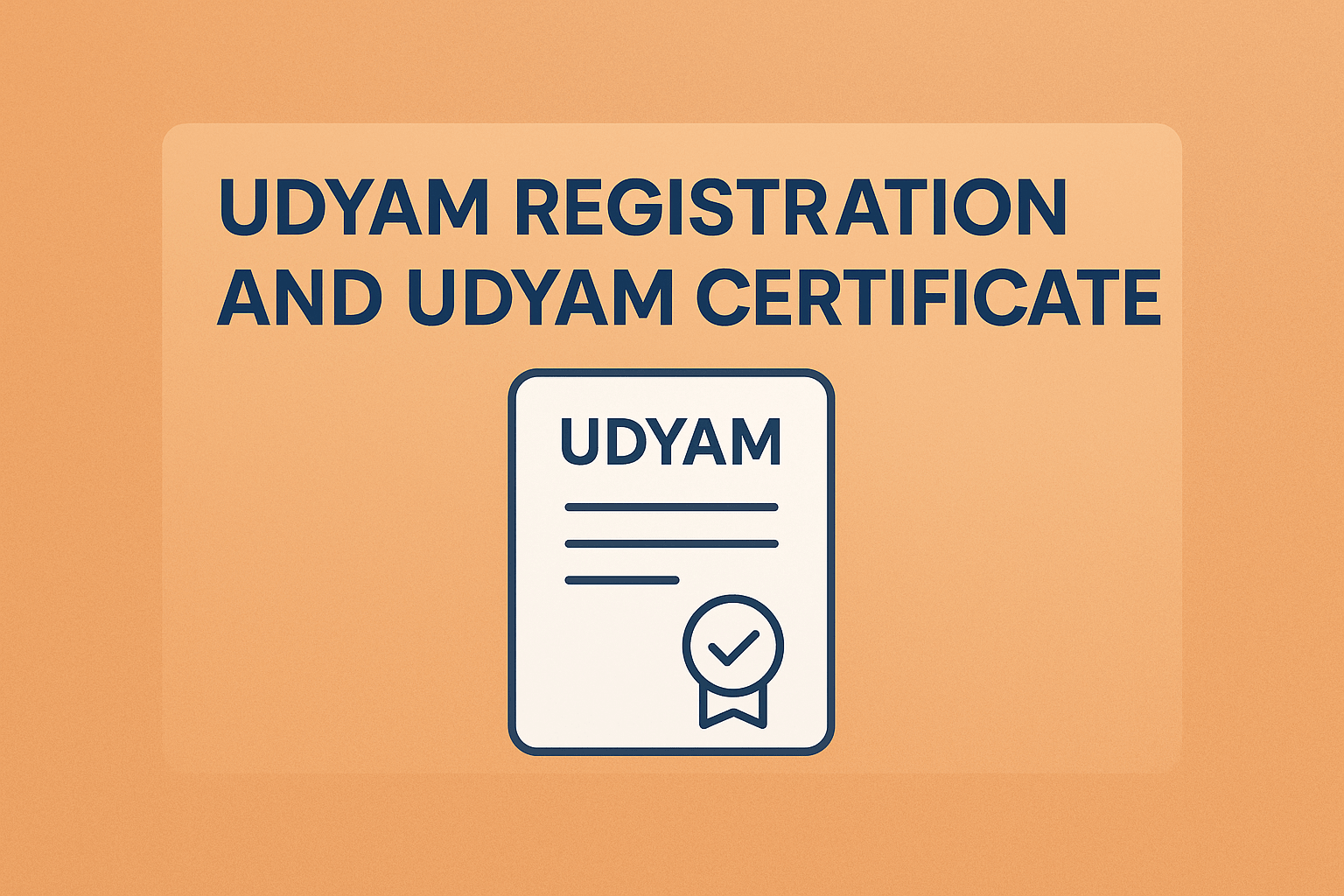Introduction
Long queues have always been a source of frustration for customers and a challenge for service providers. Whether it’s a government office, hospital, bank, or retail outlet, managing customer flow efficiently is crucial. In an age where digital transformation is reshaping every aspect of daily life, queue management systems are becoming essential tools, especially in fast-evolving cities like Riyadh and across the Kingdom of Saudi Arabia (KSA).
This comprehensive guide delves into everything you need to know about queue management systems, their growing importance in Saudi Arabia, and how businesses in Riyadh are setting new standards in customer service using this technology.
What is a Queue Management System?
A queue management system (QMS) is a digital solution that organizes and manages customer queues in real-time. Instead of physically standing in line, customers can take a virtual ticket and wait for their turn while doing other tasks or waiting in a designated comfortable space.
Key Features of Modern QMS:
-
Ticket-based or token-based queuing
-
SMS/WhatsApp alerts and notifications
-
Mobile app integration
-
Digital signage displays
-
Real-time queue analytics
-
Multi-branch management for large enterprises
✅ Importance of Queue Management System
The importance of a queue management system in today’s customer-driven world can’t be overstated. These systems are vital for:
-
Improving Customer Experience
No one likes waiting in long lines. A QMS reduces actual and perceived wait times, improving customer satisfaction. -
Enhancing Operational Efficiency
Staff are better utilized, and peak hours are more manageable with data-driven insights. -
Ensuring Fairness
Everyone is served on a first-come, first-served basis, reducing conflicts and customer dissatisfaction. -
Regulatory Compliance
Especially important in healthcare and government sectors, QMS ensures proper crowd control and privacy protocols.
🚀 Growing Need for Queue Management in Saudi Arabia
Saudi Arabia, under its Vision 2030, is focusing heavily on smart city development, digital transformation, and enhancing public service quality. Queue management is a critical component of this evolution.
Why the Boom in Saudi Arabia?
-
Increasing demand for better customer experiences
-
High footfall in healthcare, banking, and public sectors
-
COVID-19 accelerated the shift to contactless services
-
Government mandates for digital infrastructure in public services
🏙️ Queue Management System in Riyadh
As the capital and a bustling business hub, Riyadh is at the forefront of adopting queue management systems. From hospitals and banks to telecom and immigration offices, QMS is becoming a norm.
Real-World Examples:
-
Riyadh’s Public Hospitals: Using queue screens and SMS alerts for patient appointments
-
Banks in Riyadh: Integrating mobile-based token systems
-
Government Centers: Utilizing cloud-based QMS for appointment and walk-in services
Key Benefits in Riyadh:
-
Reduction in crowding and waiting time
-
Enhanced security and privacy
-
Improved feedback collection through post-service surveys
🕌 Queue Management System in Saudi Arabia
While Riyadh is leading, the trend is expanding rapidly across other cities in Saudi Arabia including Jeddah, Dammam, Mecca, and Medina. Sectors adopting QMS include:
1. Healthcare Sector
Hospitals, clinics, diagnostic centers use QMS for outpatient departments, labs, and pharmacies.
2. Government and Public Services
Passport offices, municipality services, and licensing departments utilize QMS for managing heavy visitor loads.
3. Retail and Telecom
Leading brands and telecom providers like STC and Mobily use QMS for billing, service upgrades, and support centers.
4. Education Sector
Universities and training centers use QMS to handle student affairs, admissions, and administrative support.
💡 How to Choose the Right Queue Management System
Choosing the best QMS depends on several factors:
Features to Look For:
-
Customizable workflows
-
Omnichannel communication (email, SMS, WhatsApp)
-
Cloud-based deployment
-
API integrations with CRM or ERP
-
Real-time monitoring dashboards
-
Arabic language support
Questions to Ask Vendors:
-
Is the system scalable?
-
Does it support remote queueing?
-
What security features are in place?
-
Are analytics and reporting included?
📱 Mobile and Cloud-Based Queue Solutions
With mobile usage surging in Saudi Arabia, most QMS providers now offer mobile-based ticketing and cloud dashboards for managers.
Benefits of Cloud Queue Management:
-
No infrastructure cost
-
Easy updates and maintenance
-
Remote access
-
Fast deployment across multiple branches
🔒 Queue Systems and Customer Data Privacy
Customer data handling is a key consideration. Systems deployed in Saudi Arabia must comply with data protection regulations such as:
-
Saudi Personal Data Protection Law (PDPL)
-
International standards like ISO/IEC 27001
Vendors should ensure:
-
End-to-end encryption
-
User data minimization
-
Secure storage of queue logs and customer profiles
📊 Impact of QMS on Business Performance
Measurable Improvements:
-
Up to 60% reduction in wait times
-
45% increase in customer satisfaction
-
30% more staff productivity
-
Enhanced brand reputation and loyalty
🔧 Installation and Support in Riyadh & KSA
Many local and international companies offer installation, training, and maintenance for QMS in Saudi Arabia.
Popular QMS Providers in Saudi Arabia:
-
Qminder
-
Nemo-Q
-
Qmatic
-
Wavetec (with strong presence in Riyadh)
Services Offered:
-
On-site setup and hardware support
-
Multilingual staff training
-
24/7 customer service
-
Custom integration with existing systems
🌐 The Future of Queue Management in Saudi Arabia
With increasing demand for smart cities, digital healthcare, and seamless banking, queue management will evolve into AI-driven, IoT-integrated, and voice-enabled systems.
Upcoming Trends:
-
AI-powered predictive wait-time algorithms
-
Face recognition-based check-ins
-
Integration with Saudi National ID and Absher systems
-
Feedback collection using NLP
✅ Conclusion
A queue management system is no longer a luxury—it is a necessity in today’s fast-paced and customer-centric world. In Riyadh and throughout Saudi Arabia, businesses and public services are leveraging QMS to create seamless, efficient, and enjoyable customer journeys. From reducing wait times to boosting staff performance, QMS plays a vital role in elevating service delivery standards across the Kingdom.
❓FAQs
Q1: What is a queue management system?
A queue management system is a digital tool that helps manage and streamline customer queues using virtual ticketing and real-time updates.
Q2: How is queue management used in Riyadh?
In Riyadh, QMS is widely used in hospitals, banks, and government offices to improve customer service and reduce waiting times.
Q3: Is a queue management system necessary for small businesses?
Yes, even small businesses benefit from QMS by organizing foot traffic, improving customer satisfaction, and reducing operational chaos.
Q4: How much does a queue management system cost in Saudi Arabia?
Costs vary based on features and scale, ranging from SAR 5,000 to SAR 50,000 for customized solutions.
Q5: Are there any regulations for using QMS in Saudi Arabia?
Yes, businesses must comply with Saudi Arabia’s PDPL and ensure customer data privacy and secure system operation.






